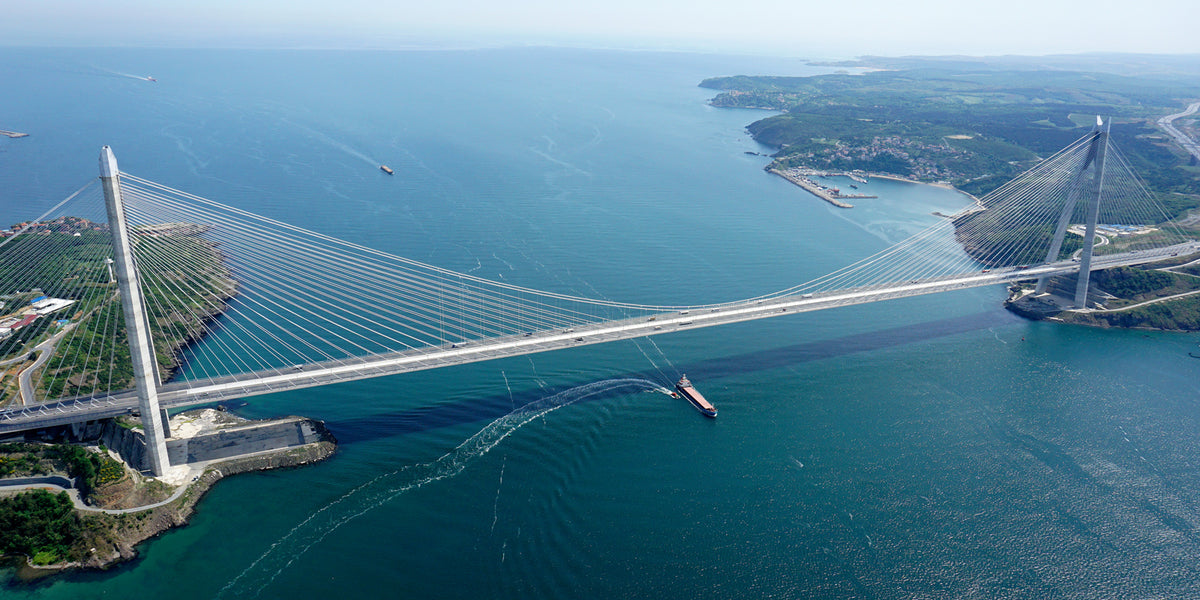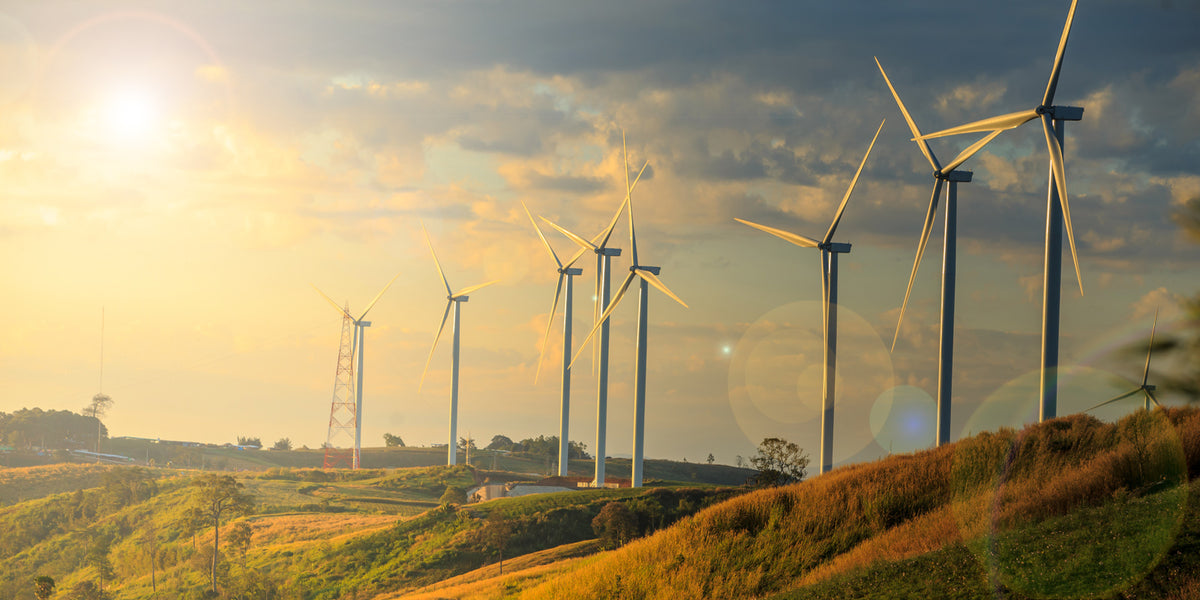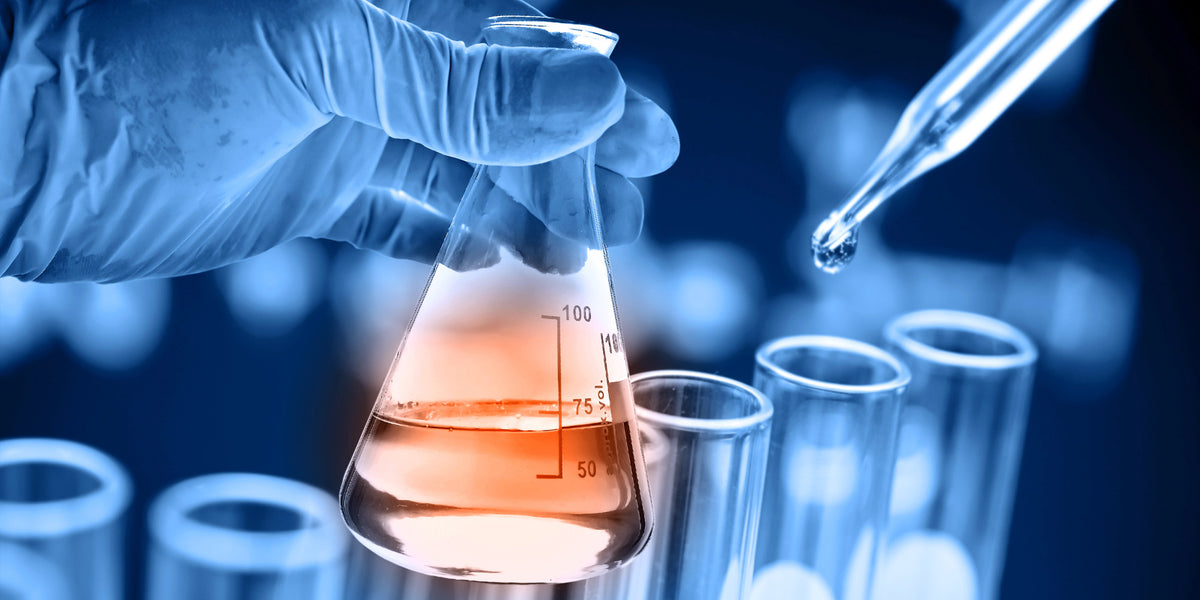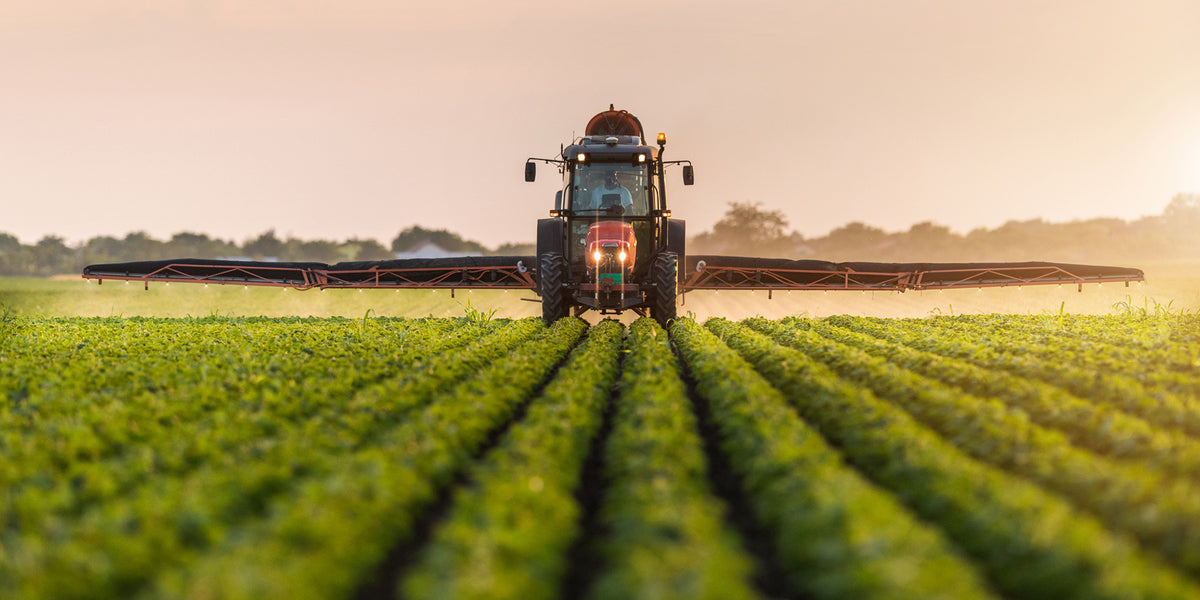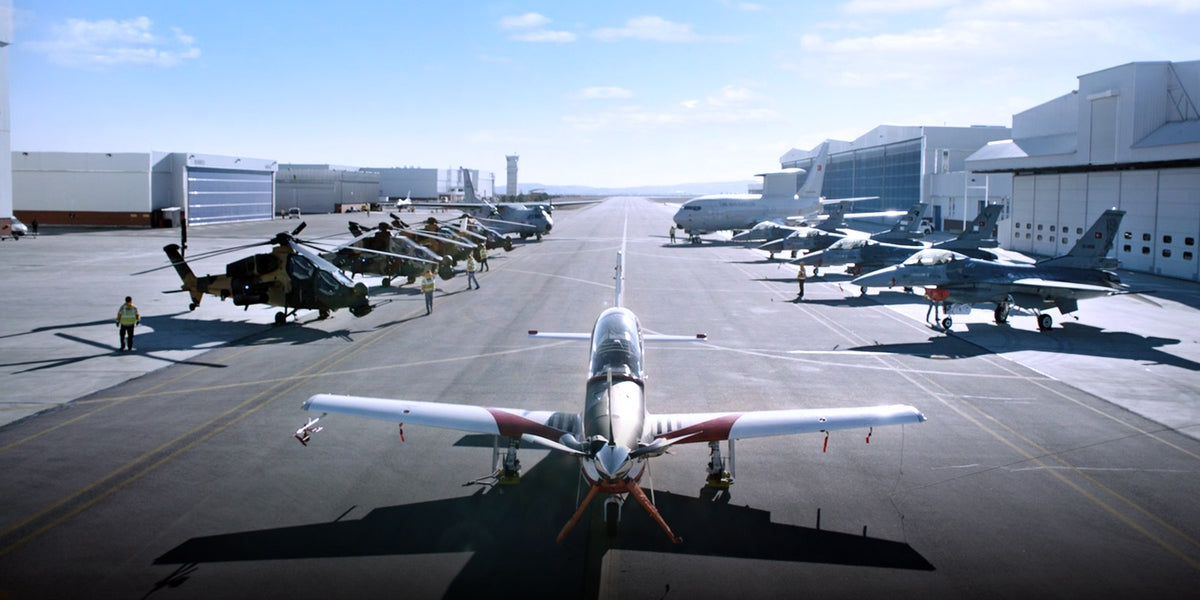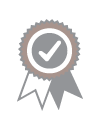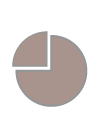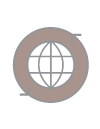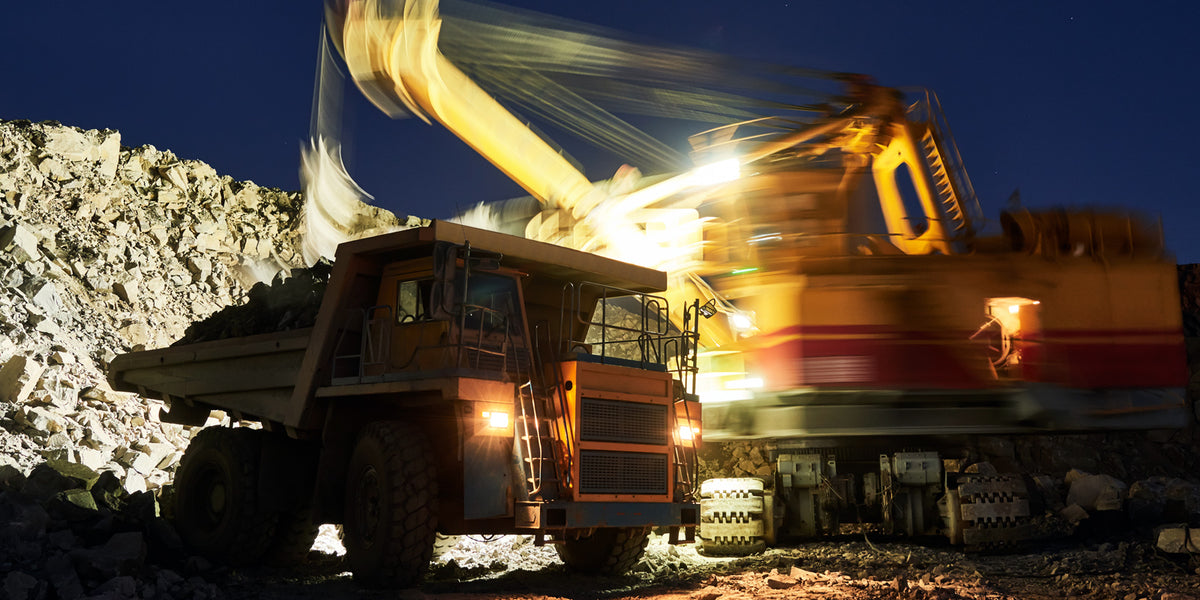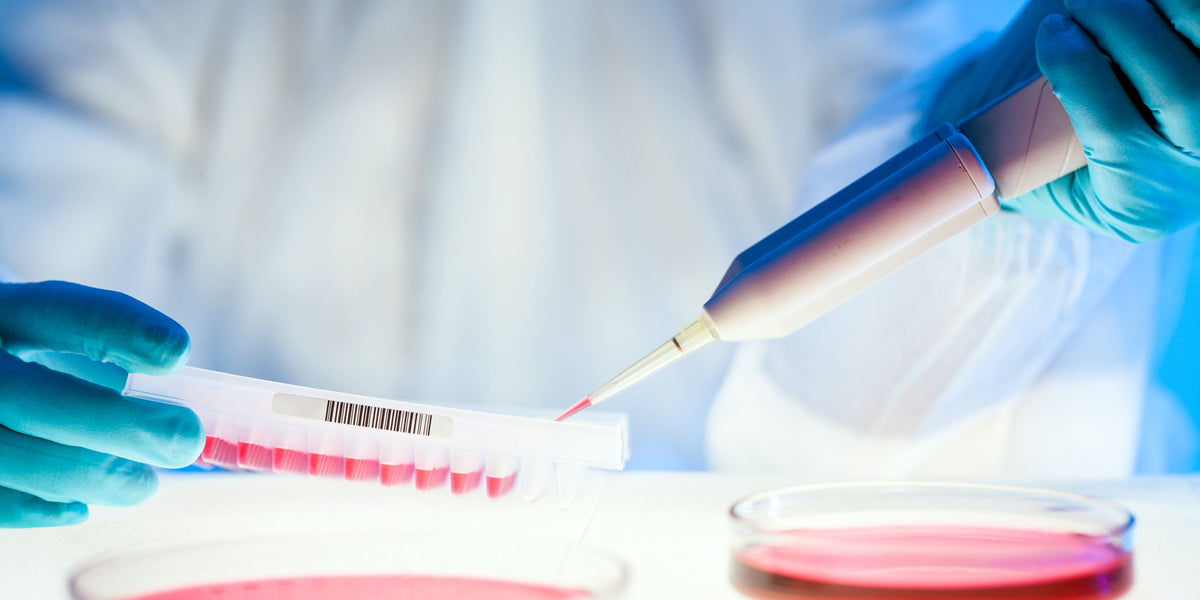MACHINERY
USD 47 billion
Total revenue the Turkish machinery sector generated in 2022.
300,000
Number of employees in the Turkish machinery sector.
USD 21 billion
Total export value of the Turkish machinery industry in 2023.
200+
Number of export destinations for Turkish machinery products.
DE | GB | FR | IT
Major export markets of the Turkish machinery sector.
17,000+
Total number of active local and international companies in the Turkish machinery sector.
USD 3.6 billion
Value that the Türkiye’s agricultural machinery market reached in 2022.
USD 6.6 billion
Total export value of the Turkish HVAC industry in 2022.
Base
Türkiye is Europe’s manufacturing base for air handling units (AHUs).

Machinery manufacturing continues to be one of the key growth drivers of the Turkish economy. This sector plays a crucial role in the development of Türkiye's greater manufacturing industry due in no small part to its capability to produce intermediate goods and to provide inputs to key sectors such as chemicals, construction, automotive, energy, textiles, agriculture, and mining. The machinery manufacturing sector in Türkiye is known for being R&D intensive -- Türkiye graduates over 39,000 engineers every year in mechanical fields -- and for creating high value.
Türkiye's competitiveness in the machinery sector is driven by favorable input costs and strong enablers. Input costs include competitive labor cost, an affordable and reliable energy supply, and logistical advantages based on the geostrategic location of Türkiye; enablers, on the other hand, include a skilled workforce, generous investment incentives, an innovation-oriented infrastructure, and a strong supply base and domestic clusters.
Here are some essential facts and figures about the Turkish machinery sector:
- The Turkish machinery sector more than quadrupled its revenues to reach USD 47 billion and doubled its workforce to hit 300,000 in 2022.
- While global exports doubled, Türkiye's exports have increased tenfold in the past 20 years and reached USD 21 billion in 2023.
- The export/import ratio of the industry has increased from 30 percent to 70 percent since 2003, indicating an ever-growing market with less dependency on imports.
- 4th largest export industry of Türkiye, accounting for a 10 percent share in the country's total exports, machinery products are shipped to more than 200 countries. 60 percent of total machinery product exports are shipped to the USA and EU countries, mostly to Germany, UK, France, and Italy. Total imports of the machinery sector surpassed USD 38 billion in 2022, endorsing the strong demand from the domestic market.
- Türkiye's agricultural machinery market reached USD 3.6 billion in 2022.
- Türkiye's construction machinery market reached 2 billion in 2022.
- Türkiye's HVAC sector stands out as a strong industrial base with USD 4.7 billion total export in value. It also functions as Europe's manufacturing base for panel radiators, boilers, and air handling units (AHUs).
- Türkiye's market for lifting and handling equipment reached USD 2.9 billion in 2022.


